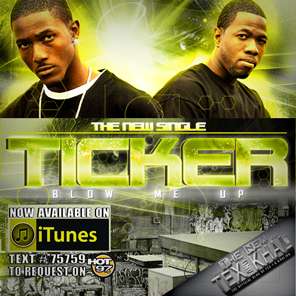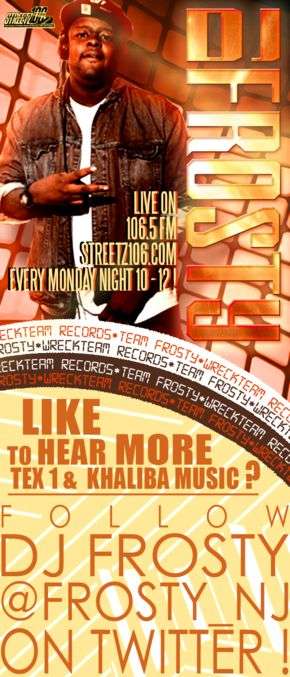
From - TraumDiggs.com
One of the real challenges for me in my transition from manhood to grown man/adulthood (I will get into the difference at a later date) is accepting that I am no longer a part of the youth movement or younger generation. This is especially hard for many of us in the early 30s contingent because the culture that we grew up in is still the dominant force in pop culture. In other words, the kids with the snapbacks and skinny jeans are our sons, daughters, nephews and nieces. Hip-hop is in its second generation! Biggie and Pac are played on the throwback mixes at noon; 90s fashion is back; Soulja Boy wants to remake Juice; my 11-year-old nephew is growing a flattop. I think it was easier for our parents because what occurred with the emergence of hip-hop in the late 70s and 80s was so new and foreign to them it was easy to dismiss. Now we look at a culture that we grew up with and helped cultivate and we say, “that aint hip-hop”; the same way our parents said, “that aint music” the first time they caught us listening to NWA. To make matters worst, when you engage the youth, most are clueless about the culture or the pioneers that came before them. You say, “How dare you not know who KRS-One is…” but inside you’re thinking “I can’t believe I’m the ol’ head now.” Yea, I’m right there with you.
Hip-hop, like all other music art forms born in America, began as a segmented, youth driven movement that grew to permeate popular culture and influence everything from dress to fashion to speech to corporate marketing plans in mainstream America. Now that hip-hop is approaching it’s 40th birthday, I struggle with the question, “Who does hip-hop belong to?”. Does it belong to the youth? Does it belong to the creators and pioneers? Is it an urban culture? Does it belong to all of us? I raise these questions because I often hear (and sometimes participate) in discussions regarding who is allowed to make contributions to and claim hip-hop as their own. The “old schoolers” think it is their responsibility to preserve hip-hop, as they know it. The “new schoolers” say it’s their turn to steer the culture into new territory. The hood says it belongs to them. Madison Ave says it belongs to everyone and they will use it as often and however they choose. So I ask, who’s responsible for driving the culture? Or better yet, who has the responsibility to drive the culture?
Let’s take Jazz music for example. Jazz is an American art form that once was a dominant part of mainstream culture. The heroes we all know, Dizzy, Basie, Ella, Coltrane, Miles, Monk, Sir Duke, and so on. All of them were in their prime well before I was born but yet those are the names I know as the masters of the art. Is there any coincidence that Jazz is basically non-existent on the pop music landscape? Why did it become a subculture and an afterthought in most mainstream circles? Did those masters hold on too tight and not allow the younger generation to take control? Did the mainstream infiltrate, saturate and castrate the movement (Jesse Jackson aint got sh*t on me)? Did we simply move on…natural progression? As Jay, Snoop, Nas, Eminem and others role through their 30s and 40s (even Weezy just turned 29) will hip-hop culture also begin to fade? Will they hold on too long and too tight and not guide a new generation to carry the torch? Is the new generation even willing to listen? Perhaps we will naturally progress to a new art form and culture and hip-hop will once again become a subculture like Jazz, practiced and enjoyed only by true enthusiasts. Perhaps that’s not a bad thing.
- Traum Diggs
Source: TraumDiggs.com
Photo Source: gavinthomasphoto.com












0 comments:
Post a Comment